
This little-known natural supplement may shrink artery plaque, study finds

What if I told you there’s a natural supplement that scientific studies suggest may not only slow down but actually shrink the dangerous plaque in your arteries? And what if I told you that almost nobody is talking about it? It sounds too good to be true, but a growing body of research is pointing to a common kitchen staple as a powerful tool for your cardiovascular health. For decades, we’ve been told to manage cholesterol, watch our blood pressure, and exercise. While that advice is absolutely critical, we may have been overlooking a potent ally that’s been right under our noses the whole time: garlic.
In this article, we’re going to take a deep dive into the fascinating science behind garlic and its effect on arterial plaque. We’re not just talking about old wives’ tales; we’re looking at double-blind, placebo-controlled trials and modern imaging techniques that reveal what’s happening inside the artery walls. You’ll learn about the different types of plaque, why some are far more dangerous than others, and how specific garlic extracts seem to target the worst offenders. This isn’t about replacing your doctor’s advice, but about adding a powerful, evidence-based tool to your health arsenal. So, let’s peel back the layers on this remarkable supplement. (Based on the insights of Dr. Gil Carvalho)
Key Takeaways
- Garlic and Plaque: Specific garlic supplements, particularly Aged Garlic Extract (AGE), have been scientifically studied for their ability to combat arterial plaque (atherosclerosis).
- Early Evidence: Initial studies from over 20 years ago showed that garlic could significantly slow the accumulation of calcium in arteries, a key marker of plaque progression.
- Targeting Dangerous Plaque: More recent, advanced studies using CT angiography have found that AGE can significantly reduce a specific type of unstable soft plaque known as “low attenuation plaque,” which is linked to a higher risk of heart attacks and strokes.
- Impressive Results: In one study, participants taking AGE saw a 29% decrease in this dangerous plaque, while the placebo group saw a 57% increase over the same period.
- Important Considerations: While the evidence is very promising, many of the studies are small. Garlic supplements should be considered an addition to, not a replacement for, a heart-healthy lifestyle and your doctor’s recommendations. Always consult your physician before starting a new supplement.
1. The Problem with Plaque: More Than Just a Clog
Before we can appreciate how garlic works, you need to understand what we’re up against. When you hear about “clogged arteries,” you’re hearing about a condition called atherosclerosis. It’s a slow, progressive disease where a substance called plaque builds up on the inner walls of your arteries. Think of your arteries as flexible hoses carrying oxygen-rich blood to every part of your body. Plaque is like a thick, sticky sludge that starts to coat the inside of those hoses, making them narrower and stiffer.
But not all plaque is created equal. In the early stages, it’s a soft, fatty substance. Over time, your body tries to “wall off” this plaque by covering it with a fibrous cap and depositing calcium into it. This leads to what’s called calcified or “stable” plaque. While it’s not good, this stable plaque is less likely to cause a sudden, catastrophic event. The real villain is the “unstable” or “soft” plaque. This type of plaque has a thin cap, a large, fatty, necrotic core (we’ll get to that), and is highly inflamed. It’s like a tiny volcano waiting to erupt. If it ruptures, the body forms a blood clot at the site, which can completely block the artery and cause a heart attack or stroke.
2. The Early Clues: How Garlic Slowed Plaque Calcification
Scientists have been curious about garlic for a long time. Over 20 years ago, a team of researchers decided to investigate its effects on plaque progression. They used a measurement called a coronary artery calcium (CAC) score, which is a scan that detects how much calcified plaque is in your heart’s arteries. As expected, over a year, the participants in the study saw their calcium scores go up—this is the natural progression of the disease.
However, when they gave one group of participants a supplement called Aged Garlic Extract (AGE), they discovered something remarkable. The group taking the garlic supplement saw their calcium accumulation slow down significantly compared to the group taking a placebo. In fact, the placebo group’s calcium score increased three times faster than the garlic group’s. This was a huge finding. It suggested that garlic was actively interfering with the plaque-building process. But it also raised a question: was it simply stopping the stabilizing calcification process, potentially leaving the plaque more vulnerable? Or was it slowing down plaque growth altogether? More research was needed.
3. Beyond Calcium: Tackling Total Plaque Volume
To answer the question from the first study, another group of scientists designed a trial to look at the total volume of plaque, not just the calcified portion. They followed participants over four years. In the group not receiving any intervention, the total amount of plaque in their arteries grew by about 15%. This wasn’t surprising; it’s the typical course of atherosclerosis.
But in the group that was given 900 milligrams of garlic powder per day, the plaque didn’t grow at all. In fact, the researchers observed a slight reduction in total plaque volume, around 2-3%. This was a groundbreaking result. It suggested that garlic wasn’t just affecting calcification; it was potentially halting and even reversing the overall growth of plaque. Interestingly, this effect was much more pronounced in the female participants of the study. While the reasons aren’t entirely clear, it provided strong evidence that garlic’s benefits went far beyond just calcium scores.
4. A Modern Look: Targeting the Most Dangerous “Soft Plaque”
Fast forward to recent years, and our medical technology has become incredibly sophisticated. We now have imaging techniques like Computed Tomography Angiography (CTA), which can give us a much more detailed picture of the arteries. A CTA scan doesn’t just show total plaque; it can differentiate between calcified plaque and various types of soft plaque.
This is where the story gets really exciting. Researchers began focusing on a specific subtype of soft plaque called “low attenuation plaque.” That’s a technical term, but what it represents is critically important. Low attenuation plaque on a scan corresponds to what experts call the “necrotic core” of the plaque. The name sounds ominous for a reason. This is the unstable, lipid-rich, dead-cell-filled center of a high-risk plaque. It’s the gooey, inflammatory center that is most likely to rupture and cause a heart attack. People with more of this low attenuation plaque are at a much higher risk for cardiovascular events. It’s the nastiest plaque of all.
5. The Astonishing Results: Reversing High-Risk Plaque
Armed with this new technology, a 2020 study looked at diabetic patients, who are often at high risk for aggressive plaque development. Over one year, the control group saw the amount of this dangerous low attenuation plaque grow by a staggering 57%. But here’s the incredible part: the group that was given 2.4 grams of Aged Garlic Extract (AGE) per day didn’t just stop the growth; they saw their low attenuation plaque decrease by 29%.
Let that sink in. That’s not a slowdown; it’s a reversal. A decrease of 29% compared to an increase of 57% is a massive difference. Another trial looking at people with metabolic syndrome found similar results, with the garlic group experiencing a significant reduction in this high-risk plaque. These newer trials suggest that garlic’s most powerful effect may be in remodeling plaque, transforming it from an unstable, dangerous state to a more stable form, and even shrinking the most volatile components.
6. Important Caveats: What You Need to Know
As exciting as these results are, it’s crucial to approach them with a balanced perspective. This is the responsible way to look at any health information. First, these trials, while well-designed, are relatively small, typically involving a few dozen to maybe 150 participants. To make definitive claims, much larger trials are needed.
Second, plaque measurements are what we call a “surrogate endpoint.” While shrinking plaque is fantastic, what we ultimately care about is preventing things we can actually feel, like heart attacks, strokes, and other complications. We don’t yet have large-scale trials proving that garlic supplements reduce these actual events, mainly because such trials are incredibly expensive and time-consuming. Finally, you should never, ever use this information to replace the advice of your cardiologist or primary care doctor. Think of this as a potential add-on, not a substitute for proven medications and lifestyle changes.
7. How to Incorporate Garlic for Heart Health
If you’re interested in exploring the benefits of garlic, you might be wondering about the best way to do it. The studies used specific, concentrated forms—primarily Aged Garlic Extract (AGE) and garlic powder. The dosages varied, but the most recent study showing reversal of low attenuation plaque used 2.4 grams of AGE per day. AGE is a popular choice because it’s aged in a way that reduces garlic’s pungent odor while concentrating some of its beneficial compounds, like S-allyl cysteine.
While eating fresh garlic is undoubtedly good for your overall health and contains beneficial compounds like allicin, it’s difficult to consume enough to match the concentrated doses used in these clinical trials. If you want to try and replicate the study results, a high-quality supplement is likely the most practical approach. However, the most important step is to discuss it with your doctor. They can help you decide if it’s a safe and appropriate option for you, especially if you are taking other medications (like blood thinners), as garlic can have a mild blood-thinning effect.
Conclusion
The evidence is mounting that garlic is far more than a simple food flavoring. The journey of scientific discovery, from observing its effect on calcification two decades ago to now seeing its ability to shrink the most dangerous types of soft plaque, is truly remarkable. While it’s not a magic bullet, Aged Garlic Extract represents one of the most promising natural supplements for improving the health of your arteries.
By potentially stabilizing plaque and reducing its most volatile components, garlic may be a powerful complementary strategy to go along with your doctor’s advice and a heart-healthy lifestyle. The science is compelling, and it offers a hopeful message: we have more tools at our disposal for managing cardiovascular health than we once thought. If you’re concerned about your arterial health, have a conversation with your doctor about the research and see if adding a garlic supplement might be a wise addition to your personal health plan.
News in the same category


This new million-person study just changed what we know about cholesterol and dementia
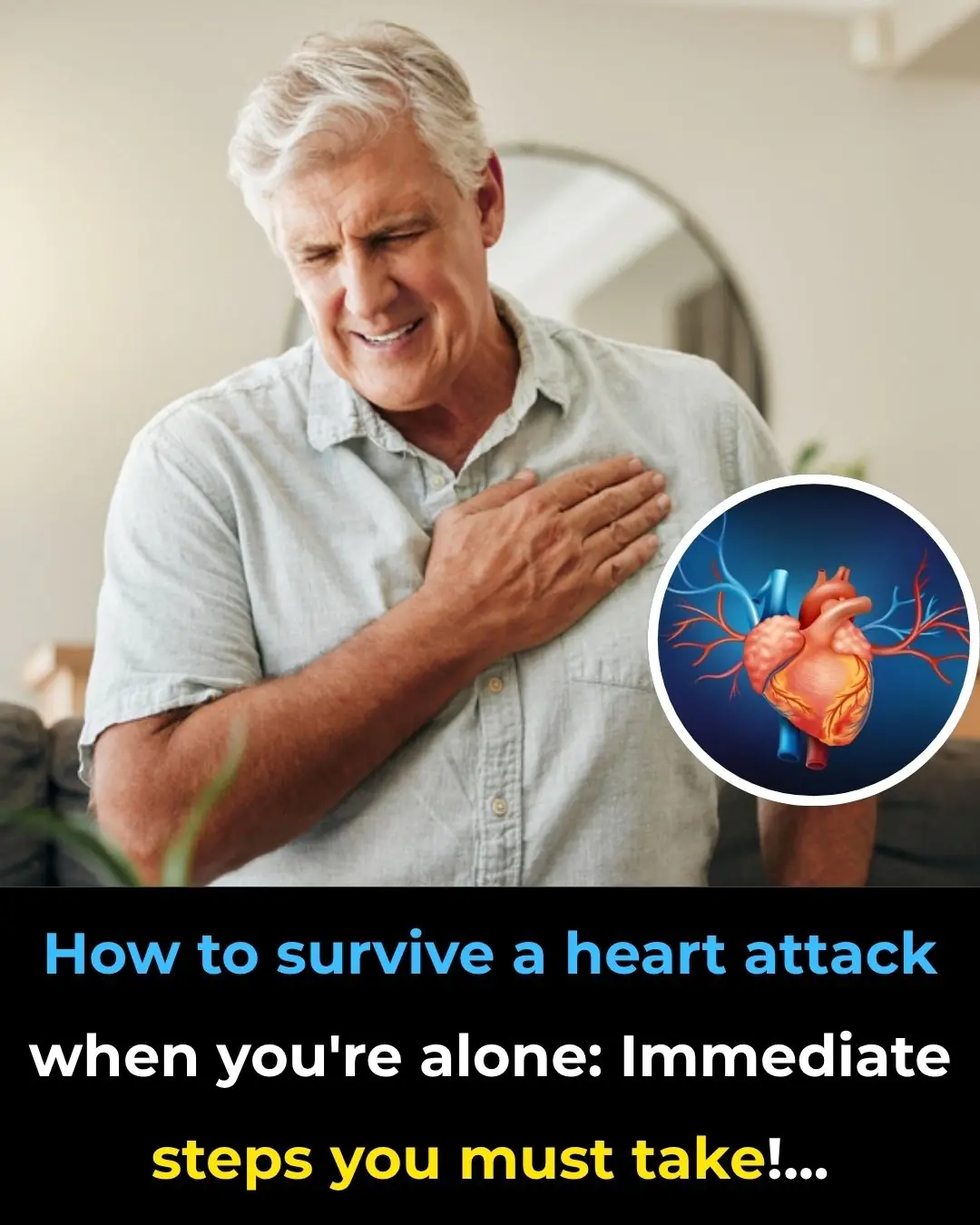
How to Survive a Heart Attack When You’re Alone: Immediate Steps You Must Take!
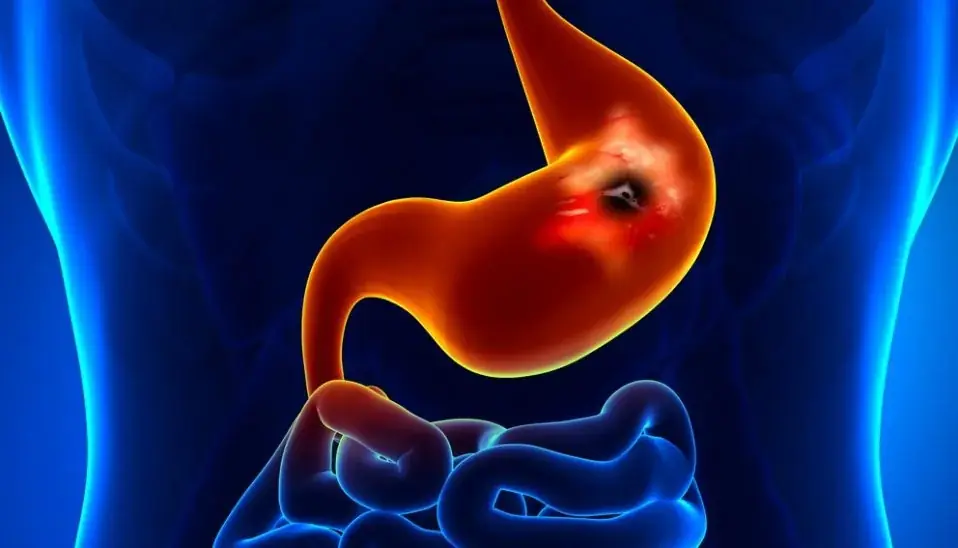
5 Early Warning Signs of Stomach Cancer: Even One Should Prompt a Medical Check-Up

THE MOST OVERLOOKED SIGNS THAT YOU’RE CONSUMING TOO MUCH SUGAR EVERY DAY
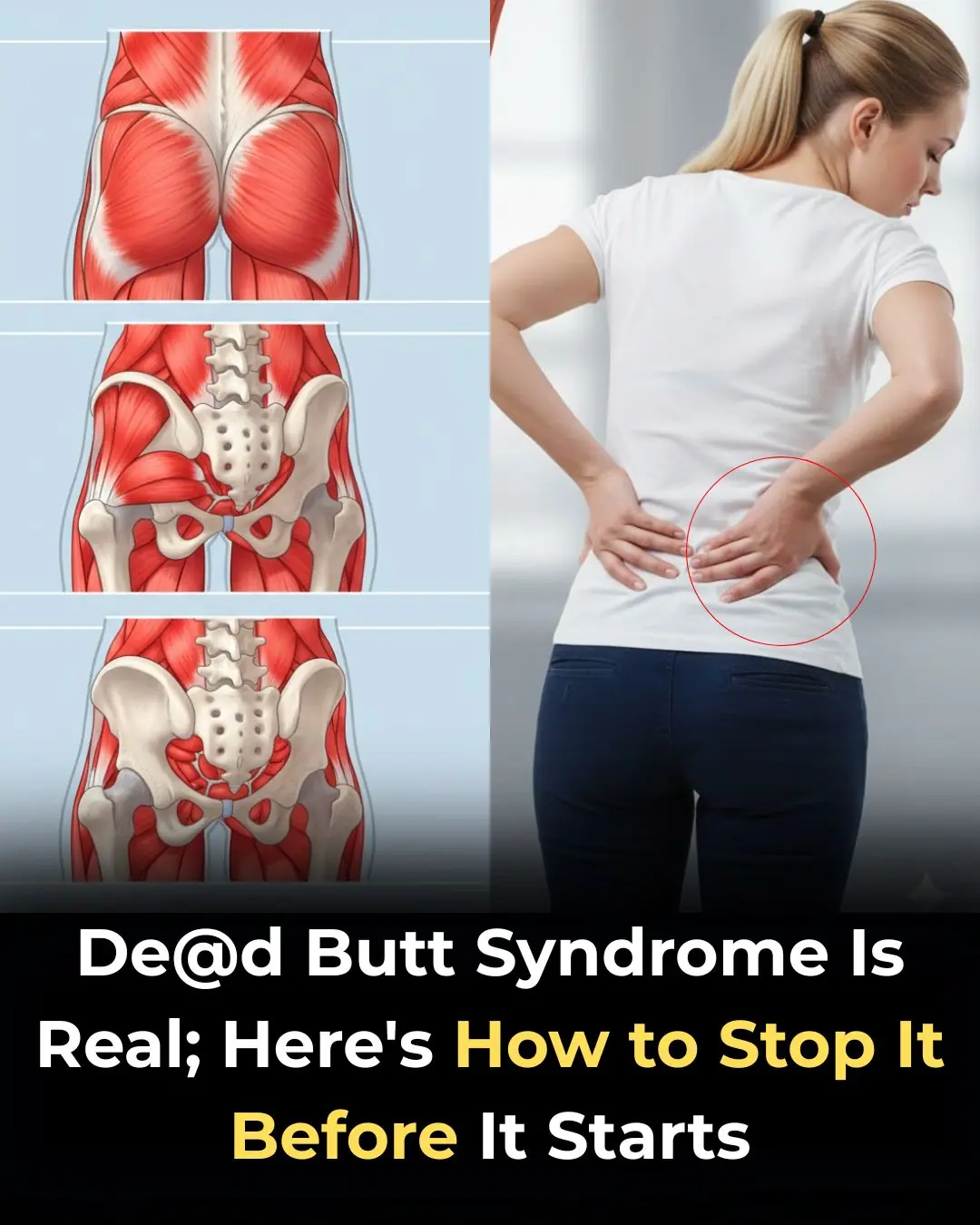
Dead Butt Syndrome Is Real
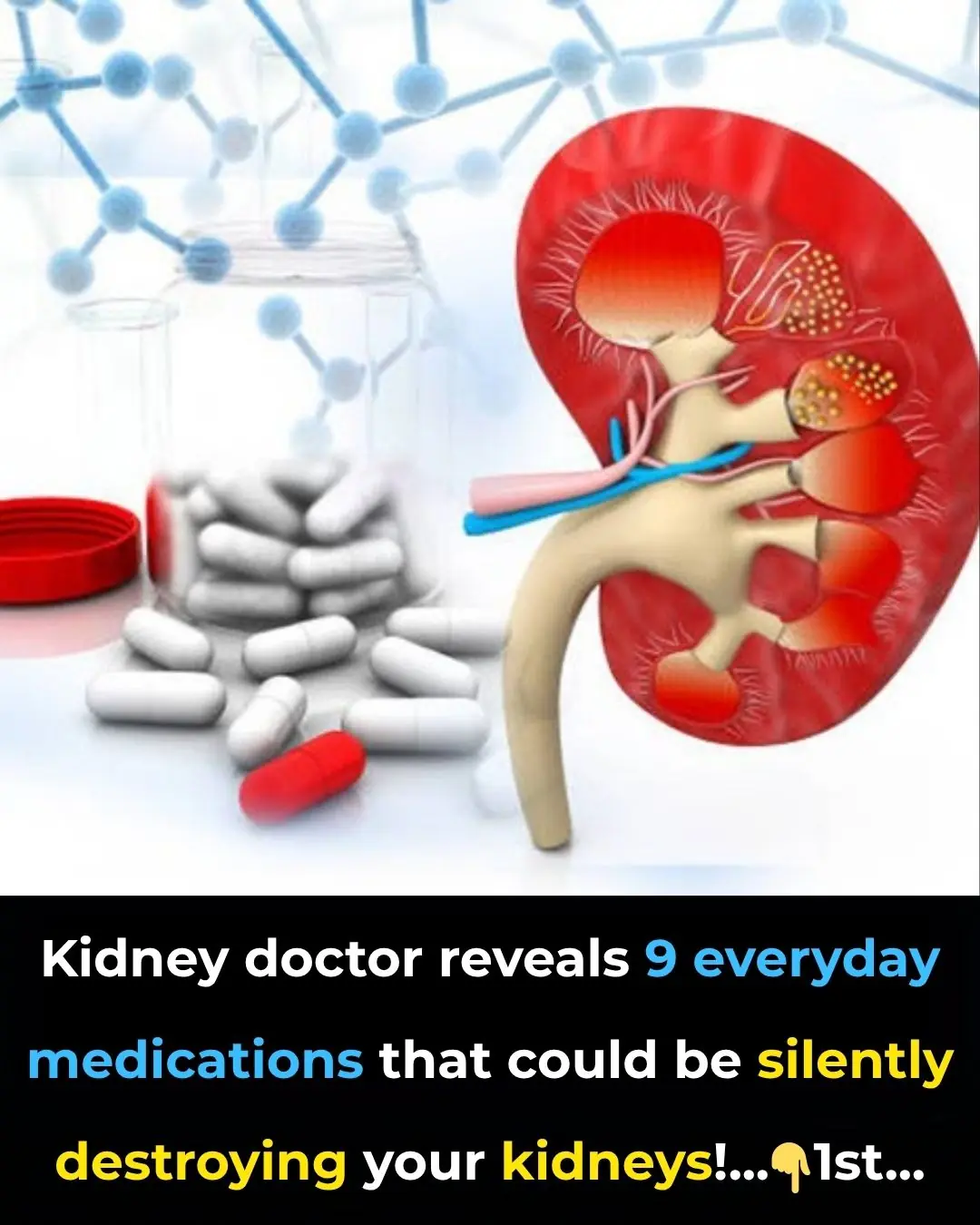
Kidney doctor reveals 9 everyday medications that could be silently destroying your kidneys!
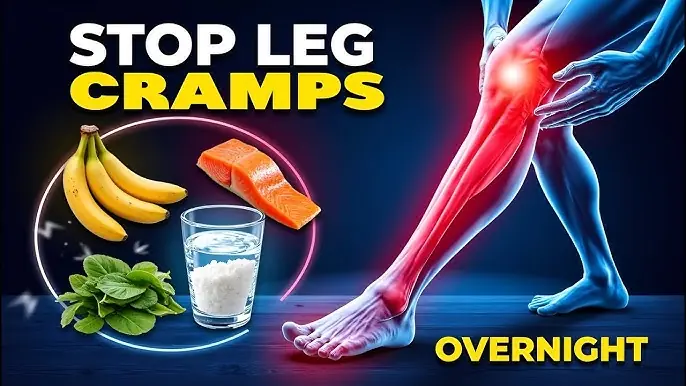
Top 3 Foods to Prevent Leg Cramps in Seniors: Strengthen Your Legs Naturally!
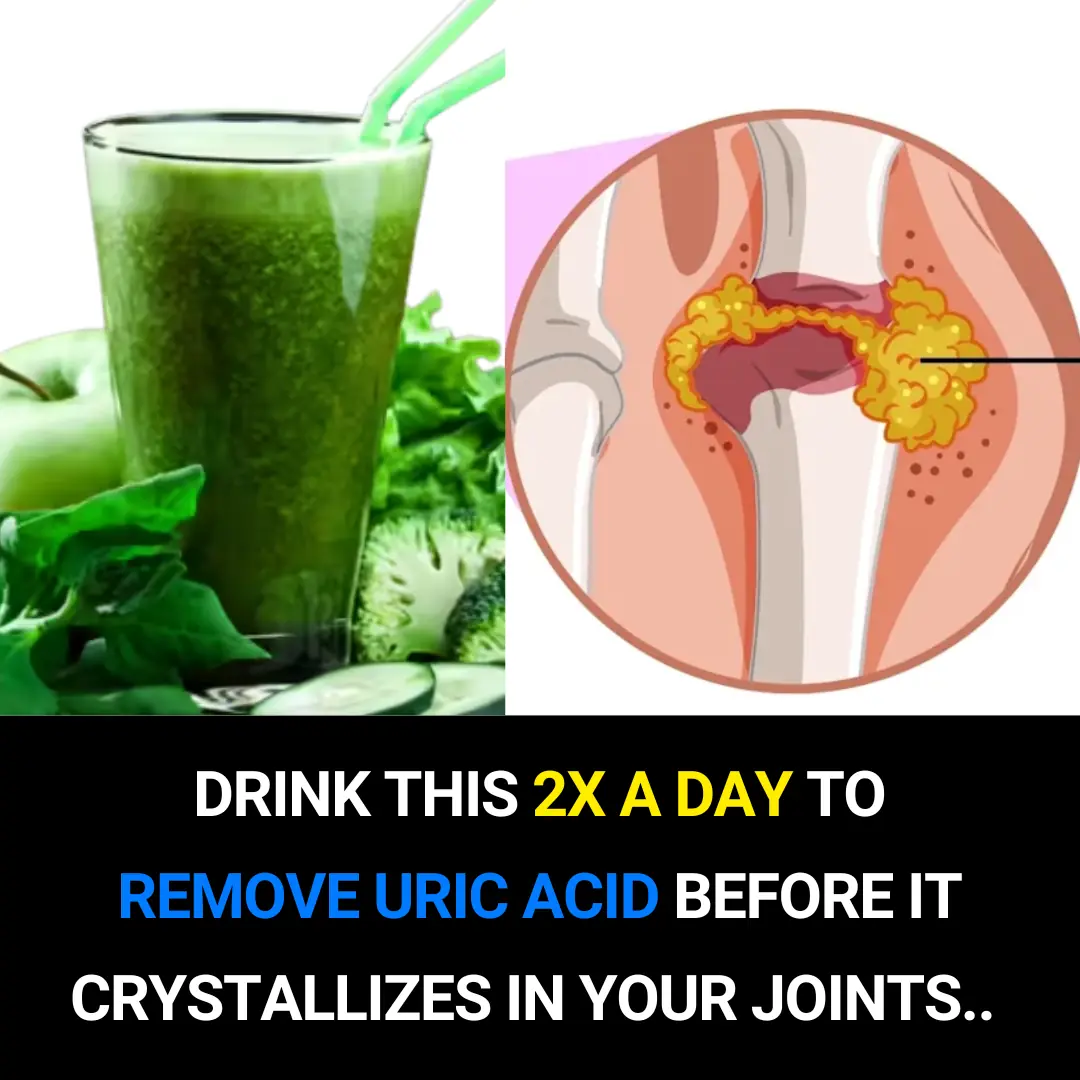
Drink This Twice a Day to Help Remove Uric Acid Before It Crystallizes and Causes Joint Pain

How to Use ¼ Teaspoon of Nutmeg to Fall Asleep and Soothe Insomnia Symptoms Overnight

10 Signs you are Eating Too Much Sugar

Three-Food Combo to Strengthen Your Heart

The Hidden Health Benefits of Bananas for Women
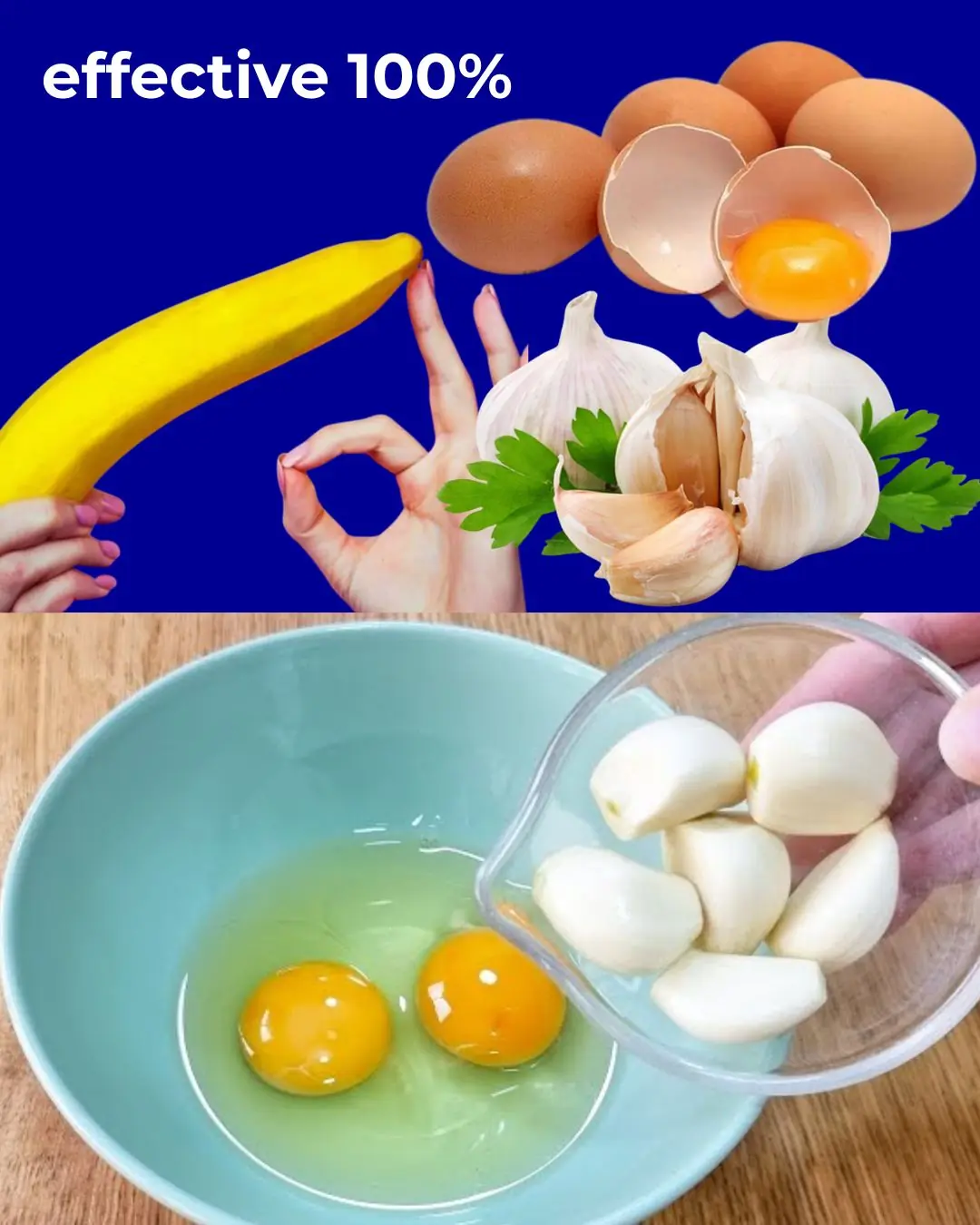
Chicken Egg, Garlic, and Honey — You’ll Thank Me for This Simple Recipe
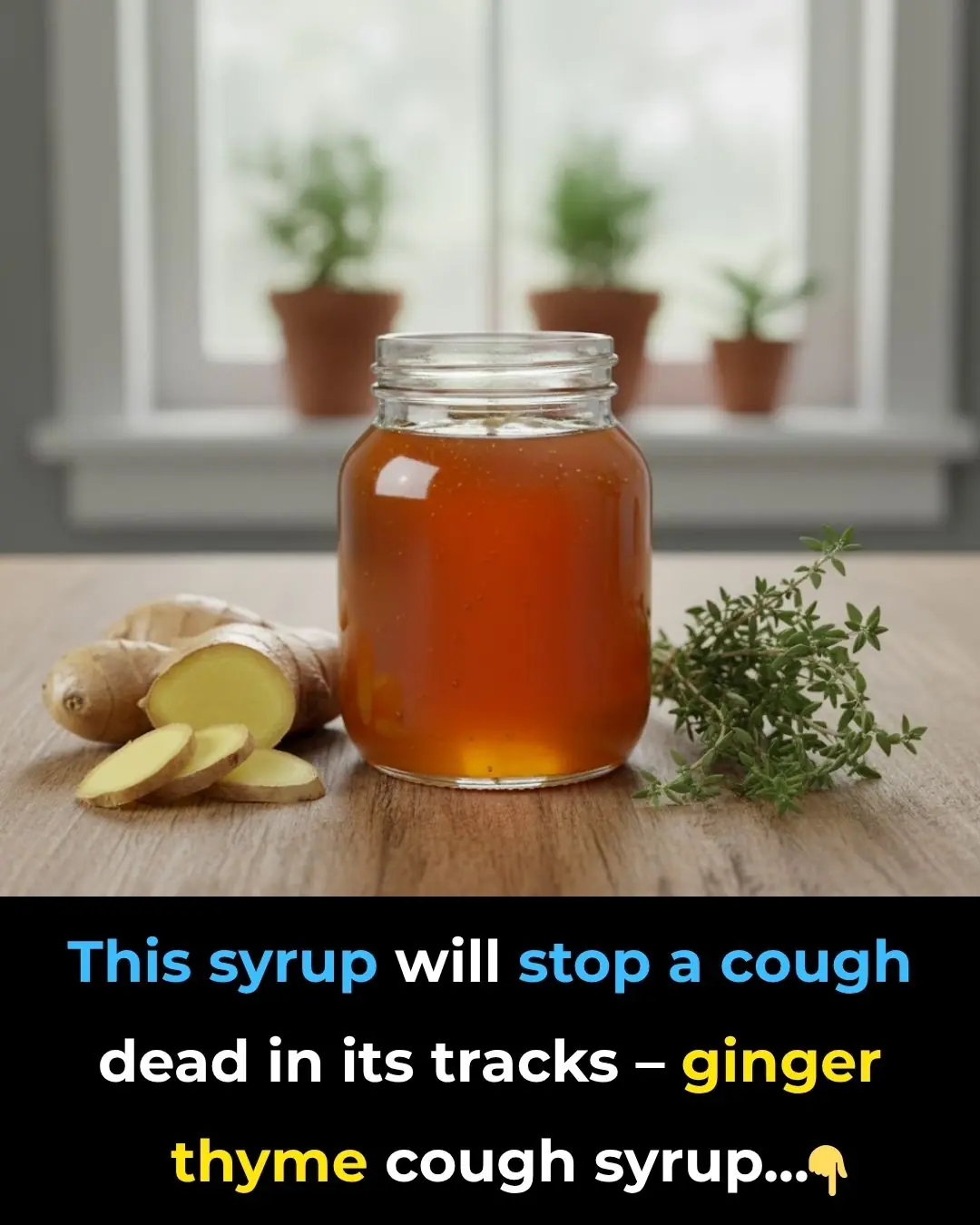
This Syrup Will Stop a Cough Dead in its Tracks – Ginger Thyme Cough Syrup
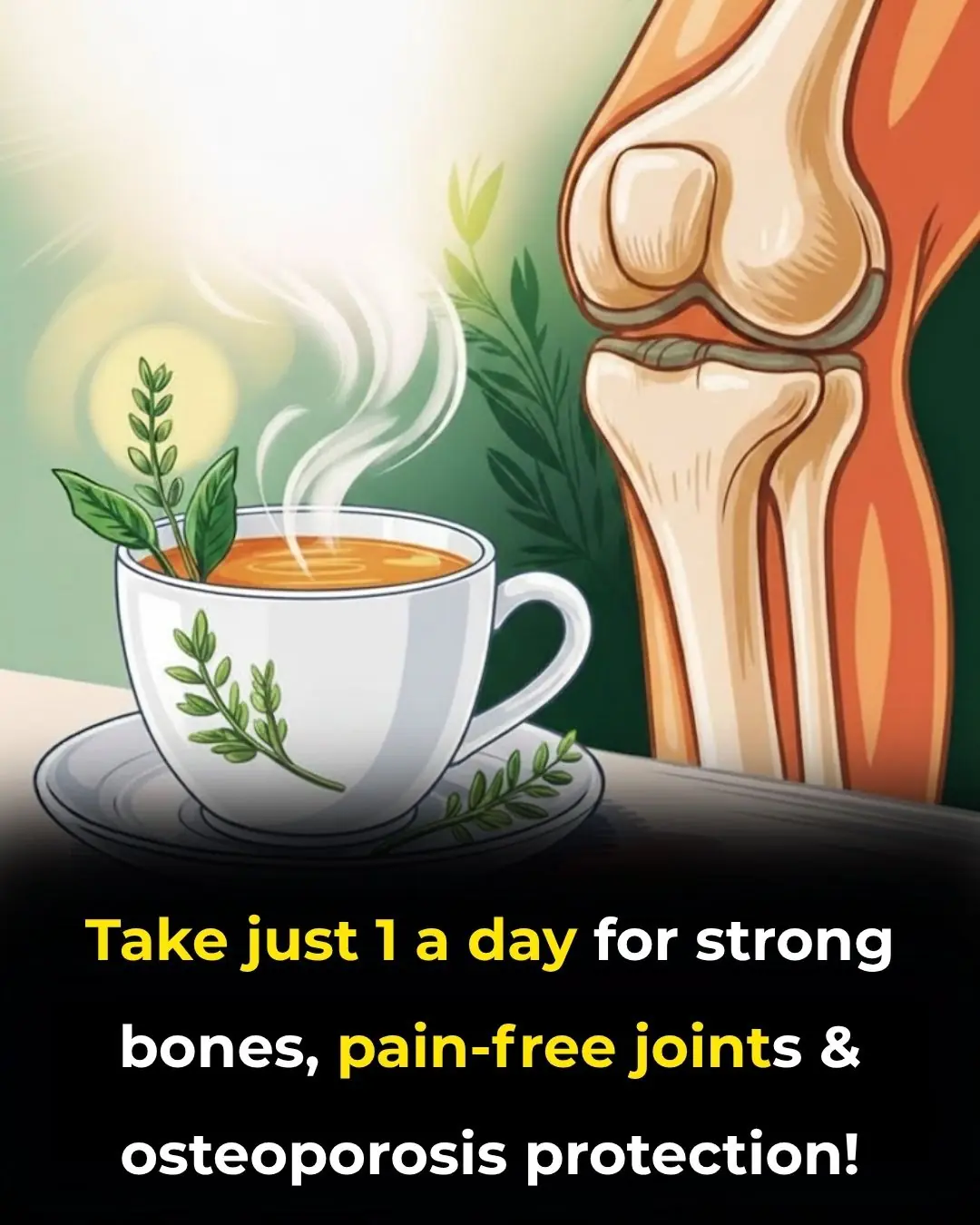
Take just 1 a day for strong bones, pain-free joints & osteoporosis protection!
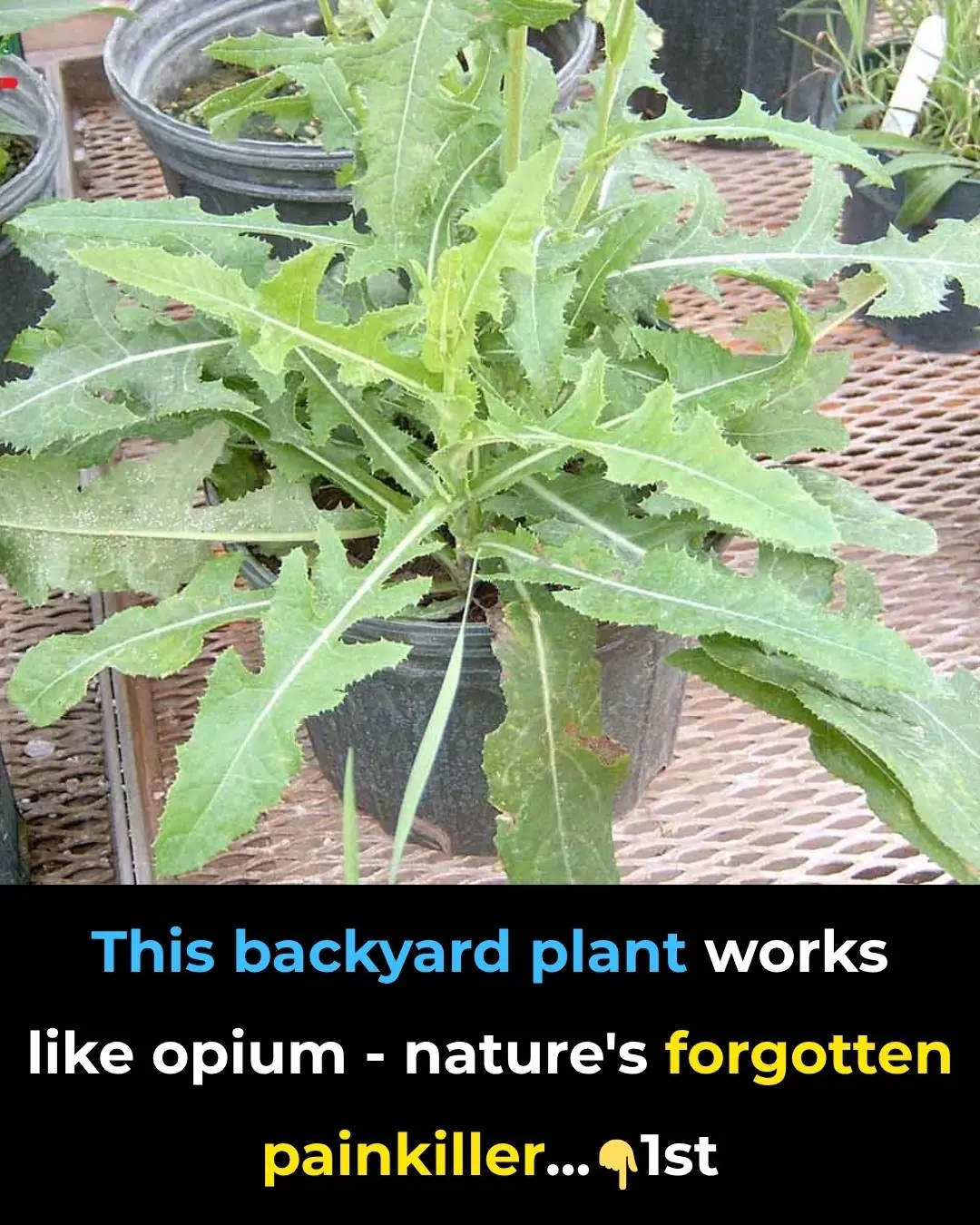
Similar To Opium: The Best Natural Painkiller That Grows In Your Backyard

World’s deadliest cancer: 8 early warning signs every older adult should know

Eat okra every day? Here’s what happens to your body!
News Post
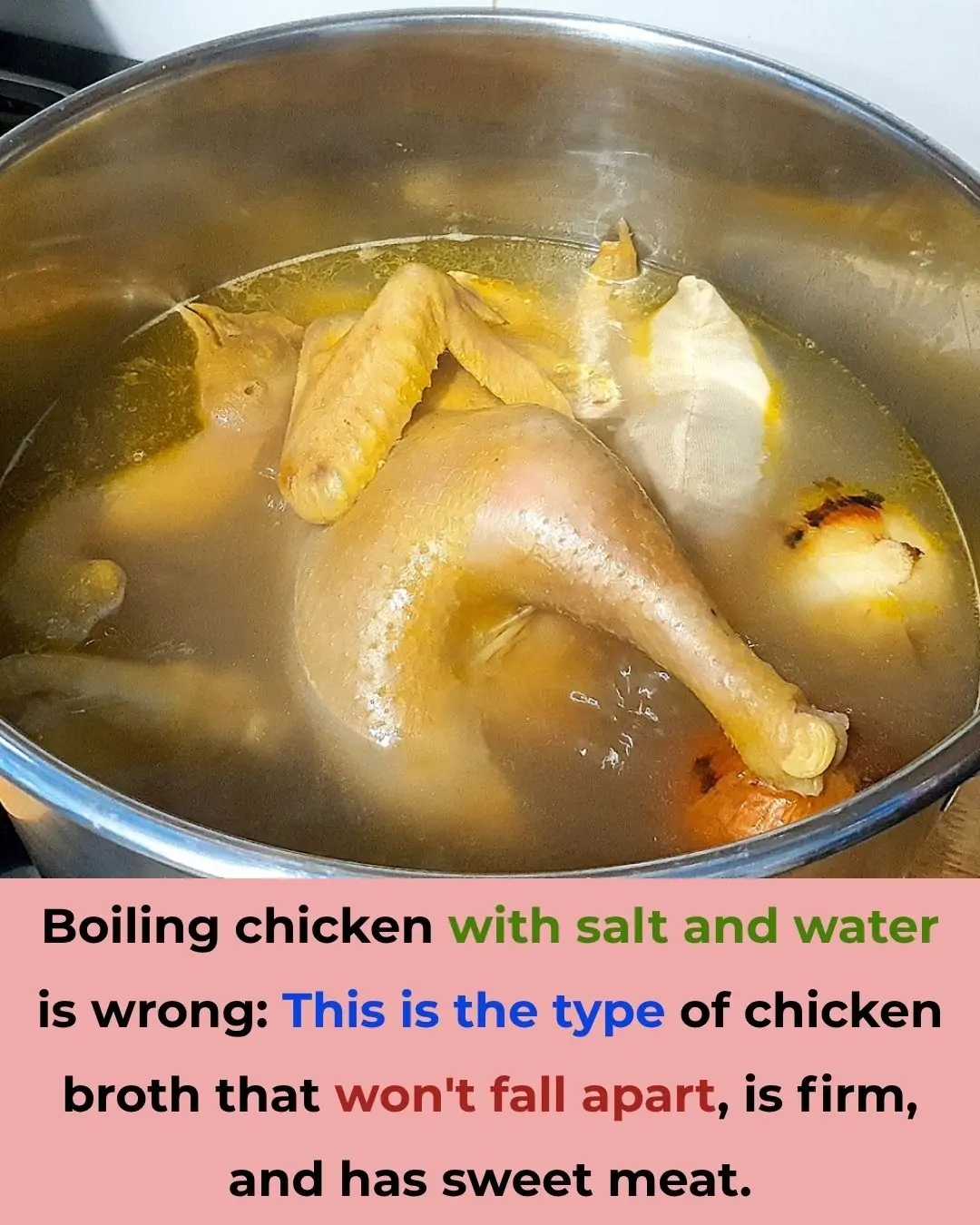
The Right Way to Boil Chicken: This Method Keeps the Meat Firm, Juicy, and Delicious

No Need for Air Fresheners: Keep This in Your Bathroom to Eliminate Odors and Save Hundreds Every Year

Why You Should Keep a Small Bottle of Medicinal Oil in Your Bathroom: Special Benefits Everyone Should Know

Six Prisoners, One Fallen Officer, and a Choice That Revealed Their True Hearts.

4 Simple Ways to Remove the Bitter Taste from Bitter Melon: Stir-Fry for a Delicious and Nutritious Dish

One Person Washes the Dishes, the Whole Family Gets Sick? 4 Dishwashing Mistakes Everyone Should Stop Immediately

A 30-Year-Old Man Suddenly Developed Kidney Failure: 5 Daily Habits Destroying Your Kidneys Without You Realizing

“The Cry That Saved Us”: The Night Two Fort Worth Officers Refused to Give Up.

Women Who Age Faster and Live Shorter Often Do These 4 Things at Night — How Many Apply to You?

A Prom Night 76 Years in the Making.

My Husband Left Me and the Kids at Home on Christmas Eve to Celebrate at His Office Party So We Decided to Pay Him a Visit

A 42-Year-Old Man Died of a Stroke Despite Not Smoking or Drinking — Doctors Shocked to Find the Real Daily “Killer” in His Diet

Doctors Warn: 3 Common Beauty Habits That Many Don’t Realize May Increase Cancer Risks

How to Remove Water Stains from Wood with Mayonnaise

I PAID FOR A STRANGER’S GROCERIES TWO YEARS AGO—AND TODAY, I GOT THIS IN THE MAIL

MY MOTHER-IN-LAW DESTROYED MY DAUGHTER’S GARDEN – I MADE HER PAY THE PRICE SHE NEVER EXPECTED

I THOUGHT THE NEW NANNY WAS AFTER MY HUSBAND UNTIL I REALIZED SHE WAS AFTER SOMETHING MORE PRECIOUS

The dirty fan needs to be disassembled, do this for just a few minutes to clean it, clean the dirty fan. over

4 Signs It’s Time to Replace Your Water Filter Cartridge Immediately
